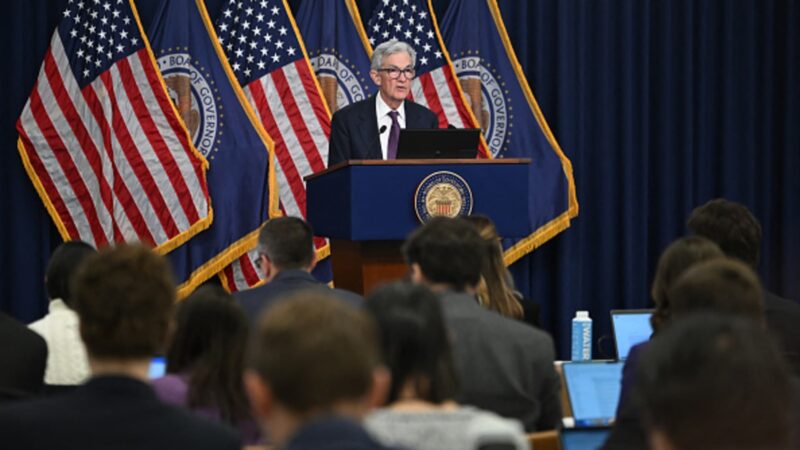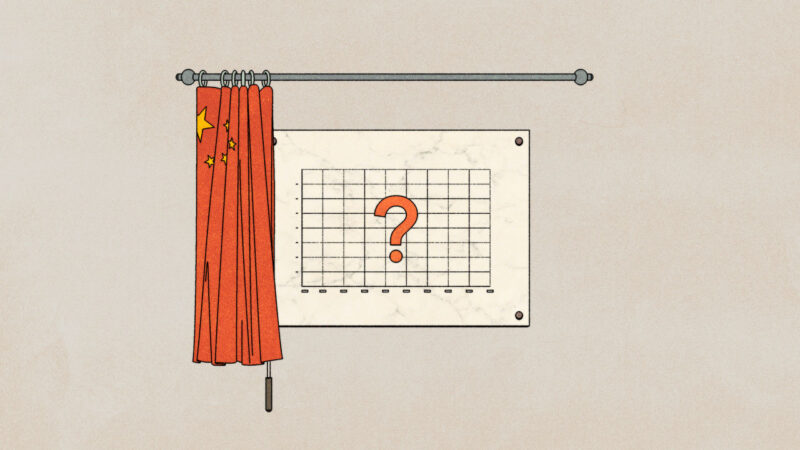
One of the main challenges to economic growth is the ongoing trade tensions between major economies such as the United States and China. These disputes have resulted in increased tariffs on goods, creating uncertainty for businesses and consumers alike. However, most economists believe that these tensions will eventually ease, leading to improved trade relations and increased global economic activity.
Another challenge facing the global economy is the slowdown in key economic indicators, such as manufacturing output and consumer spending. This can be attributed to factors such as geopolitical uncertainty, rising debt levels, and weaker demand in some sectors. However, many economists believe that these challenges are temporary, and that as confidence in the global economy returns, these indicators will improve.
Despite these challenges, many countries around the world are expected to experience continued economic growth in the coming years. Factors such as low interest rates, fiscal stimulus measures, and increased consumer confidence are all expected to contribute to this growth. In addition, emerging economies such as India and Brazil are expected to drive global economic expansion, providing new opportunities for businesses and investors.
In conclusion, while there are certainly challenges facing the global economy, the overall economic outlook remains positive. With continued growth expected in many countries, businesses and consumers alike can look forward to a bright future. By maintaining a focus on innovation, adaptability, and resilience, countries can navigate these challenges and continue to thrive in the years ahead.






